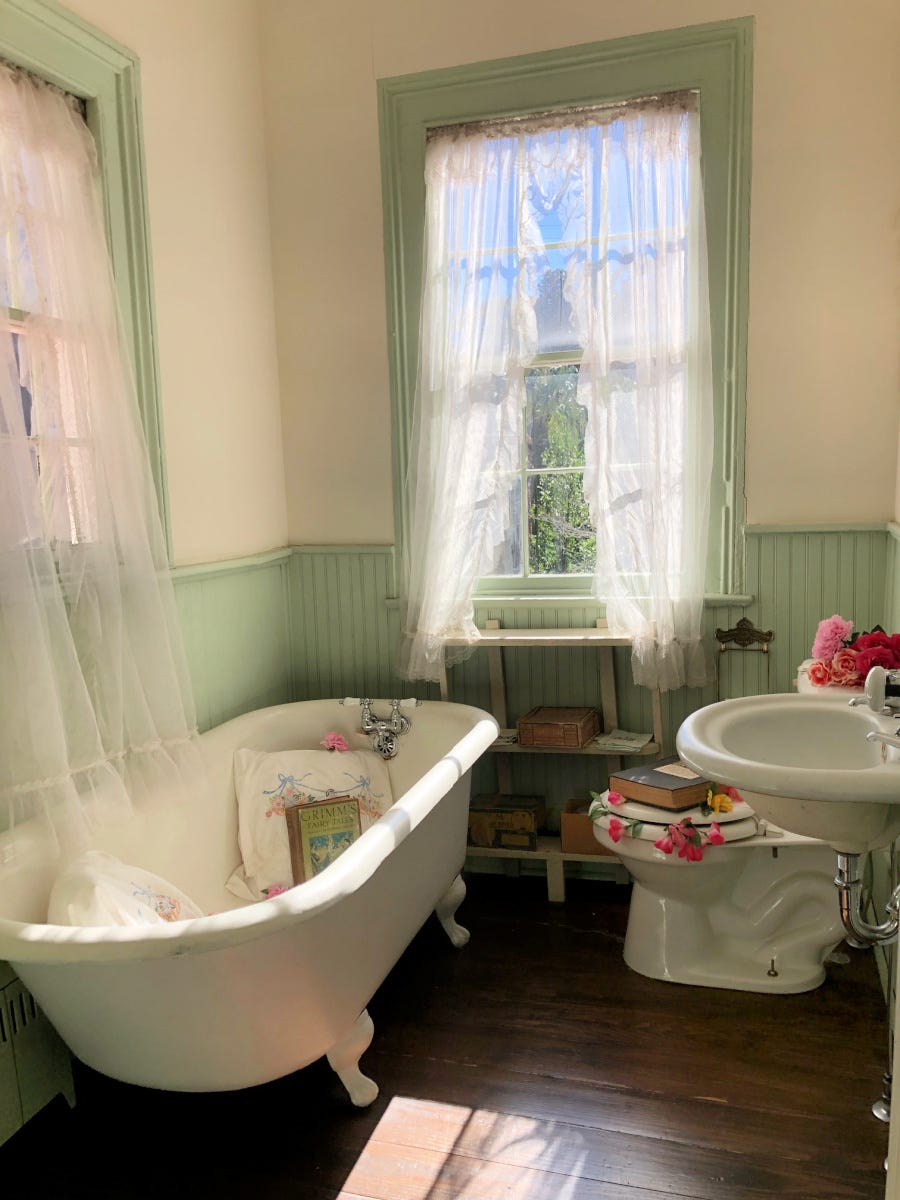
I flew home yesterday from Savannah, Georgia, where I spent four days with a group of women writers who've become dear friends over the past few years. We share just enough of a vocational call to nod heads in agreement when we speak of something universally understood to the craft of writing, yet we are in different enough spaces to celebrate our particular roles within them. Our commonality is a love of writing, our families, Jesus, and His Church, and I am grateful for their commitment to their craft and their multi-faceted vocations.

I have met with like-minded women before, but this time was different. Because here there was a shared commitment to writing as charism for a sacramental worldview that sees word weaving as a sacred act, there were things that needed not be said. One of us would share, over chocolate desserts, the reality of walking the fine line between twin calls of writing and parenting well, and the rest of us would nod. We know this juggle.
Two of us still parent small children; two of us have adolescents. One runs a team with employees, one works in tandem for a company, one also works as a teacher (raising my hand), and one is a pure solopreneur yet publishes her words fully in two niches. We each know the reality of switching between hats throughout a workday.
I'll admit that I didn't learn anything new (except that Flannery's favorite childhood reading nook was a flower-filled bathtub)1, but learning something new wasn't the point of our weekend. The point of our weekend was to remind us of things we already know. Like these truths:
• Twin vocations are good, and done well they lift each other, elevating both for our good and the good of our families, as well as those who benefit from our craft.
• Connecting with others is essential, especially in solitary work. We are not meant to be lone reeds. Digital connection is not enough because it cannot lead to actual, third-level friendship without an in-person connection.
• It is the small, daily yesses that lead to fully realized work. Writing a book seldom happens over a long weekend in a cabin in the woods. Writing a book almost always happens a few hundred words at a time, every day, for a long time. Sometimes years. And those words are almost guaranteed abysmal at first—we're talking truly atrocious; you hope you don't die before you're done editing lest people find your manuscript and burn it out of respectful dignity. But an abysmal first draft2 is the only way.
I was also reminded that there are a great many writers who did not publish their first books until the second half of their lives, which I hope encourages you, too (book-writing as a goal or not). I was reminded that, now and then, we all need to step away from our ordinary lives to remember just how lovely they are. And I was reminded that we all long for beauty because we ache to be worthy of it.





